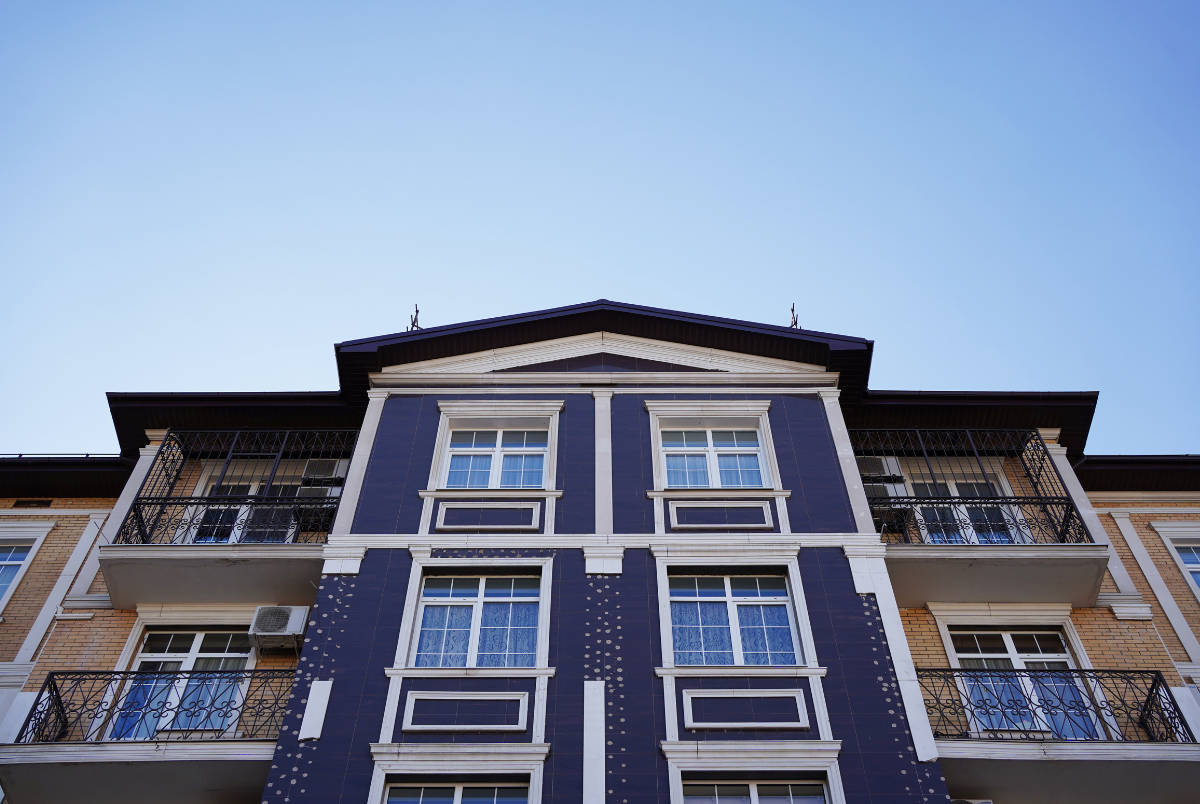Every person living in multi-unit housing deserves to breathe clean air. Secondhand smoke can travel from other units and common areas through doorways, cracks in walls, plumbing, and ventilation systems. This secondhand smoke negatively impacts physical and mental health. It is essential to have smoke-free policies in multi-unit housing where people live, work, and visit. In addition to protecting the health of residents, smoke-free policies can save money in smoking-related cleaning costs and reduce smoking-related fires. For example, according to the CDC, it would save $153 million each year if all public housing in the United States was made smoke-free.
Social determinants of mental health are societal problems that disrupt mental health, increase the risk of mental illness among certain groups, and worsen outcomes for individuals with mental illnesses. Housing is one of many social determinants of mental health that is impacted by tobacco use. Therefore, it is essential to have tobacco-free environments in multi-unit housing where people living with mental and behavioral health challenges live and visit.
